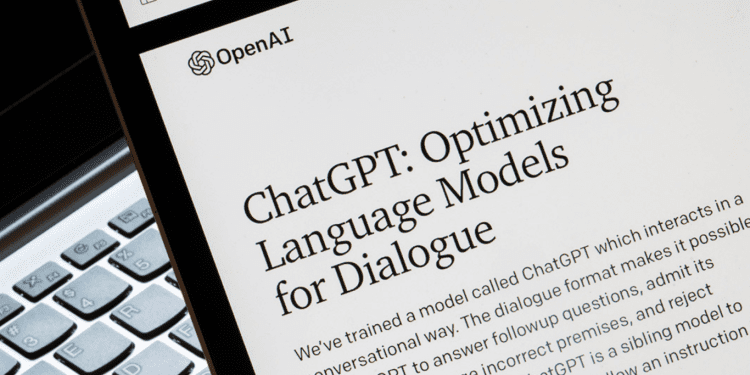- Microsoft aims to gain ground on Google in the search category by releasing Bing and Edge powered by AI technology
- The chatbot will provide better search results and compose emails all while providing citations to all its answers
- The generative AI wave leads to continuous product releases as the tech giants battle for the reins in AI
Microsoft has launched the reinvented Microsoft Bing and Edge powered by AI technology, hoping to redeem its under-utilized search engine while advancing first into the future of AI ahead of its rival, Google.
The AI technology developed by OpenAI, the startup behind ChatGPT, is expected to provide a chat experience to users through a chatbot that runs alongside Bing on the Edge browser. This will enable the users to get more relevant results and complete answers from their searches to the extent of summarizing web pages, providing citations to sources, and creating content like composing emails and social media posts for them.
In return, Microsoft anticipates generating an additional $2 billion in search advertising income from every percentage point of market share gained.
During the launch at the company’s Redmond, Washington, headquarters, the CEO, Satya Nadella, stated that AI would transform every software category beginning with Search. He said it was high time innovation was restored to internet search, adding that:
“We felt like this is a fundamental rethink… It does remind me, even in the search category, of the transition from Alta Vista to Google. It does feel like that moment has arrived back in Search. And we saw it early and decided to bet on it all.”
Behind the new Bing is the Next-generation OpenAI model, which Microsoft states is customized for Search and more potent than ChatGPT as it is updated with real-time data from Bing. This gives it the capability to provide information on current events to users, unlike ChatGPT, whose data is limited to 2021. The new version of Bing is currently live in a limited preview on a desktop to a selected number of waitlisted users, after which the preview will be made available to the larger public and a mobile preview in the last weeks.
AI Battle for Supremacy
Since ChatGPT hit the web last year in November, there has been an interest in generative AI, which can generate content from massive volumes of text and photos. Microsoft chose to ride on the wave of interest and offered a multiyear, multibillion investment with OpenAI to partner in more AI solutions that will be integrated into Microsoft’s product suite.
Resultantly, Microsoft launched a customer-management program last week that employs OpenAI text-generation technologies to draft emails for salespeople. They also added a feature to the premium level of its Teams meetings and chat software that provides AI-generated meeting notes.
On the other hand, the debut of ChatGPT seems to have caught Google by surprise and provoked a “code red” within the company. What some think is a fundamental change in how people obtain information online has become a threat to the firm’s primary income earner leading to the summoning of the founders, Larry Page and Sergey Brin.
However, to match their rival’s efforts, Google released Bard, a conversational AI service like ChatGPT. Bard is expected to answer users’ queries and take part in conversations. Google’s CEO, Sundar Pichai, explained that the software is available to a group of trusted testers before being made to the broader public in the following weeks. He also revealed plans to integrate AI into their Search to provide deeper insight into complex queries like whether it is easier to learn to play piano or guitar.
Whereas Microsoft partnered with OpenAI, Google invested in Anthropic and offered Google Cloud resources to the startup. And with the workforce to continue developing AI solutions for both companies, the battle for AI supremacy is far from over, as more products are expected in the coming weeks.














